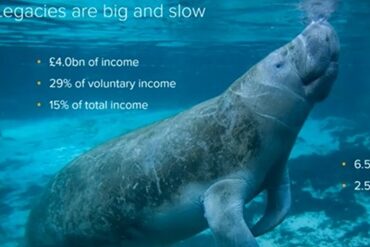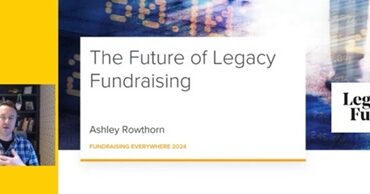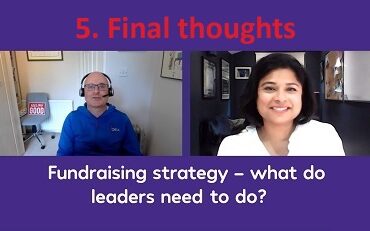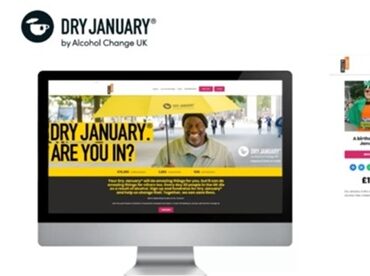
The impossible game – guest blog by Dr Richard Piper
I'm delighted to publish this guest blog from Dr Richard Piper, who is the CEO at Alcohol Change UK. Richard, you may laugh, but I'd love to play that game you created some time!
Most people know me as a charity leader, with a background in working on ‘impact’ and ‘strategy’ and, before that, ‘charity shops’. Not many people know me as a computer coder. But I am. Well, I was. When I was a teenager. On the ZX Spectrum 48k.
And I once created an entire computer game. It was one of the highlights of my life. It was a great game, with real 3D graphics and innovative controls. But it had two big problems. First, it’s overall concept: Narrowboat Simulator. Yep. Horrendous. It should be a joke. But I was actually serious. I’d been on a narrowboat holiday with my family, thought “this is nice”, and leapt into turning it into a computer game without any thought as to whether a critical public would want that kind of ‘nice’.
But it’s second problem was even worse than the concept: it was impossible to win the game. For the first hour or two that you played it, this was compelling. You thought, “if only I can get through those locks quicker, I can keep the water level higher in the canal, and make that corner before the timer runs out”. It was deeply challenging and that was motivating. You were so close to making it, and that made you try again. But after a few hours in, after failure after failure after failure, that sense of challenge turned to




